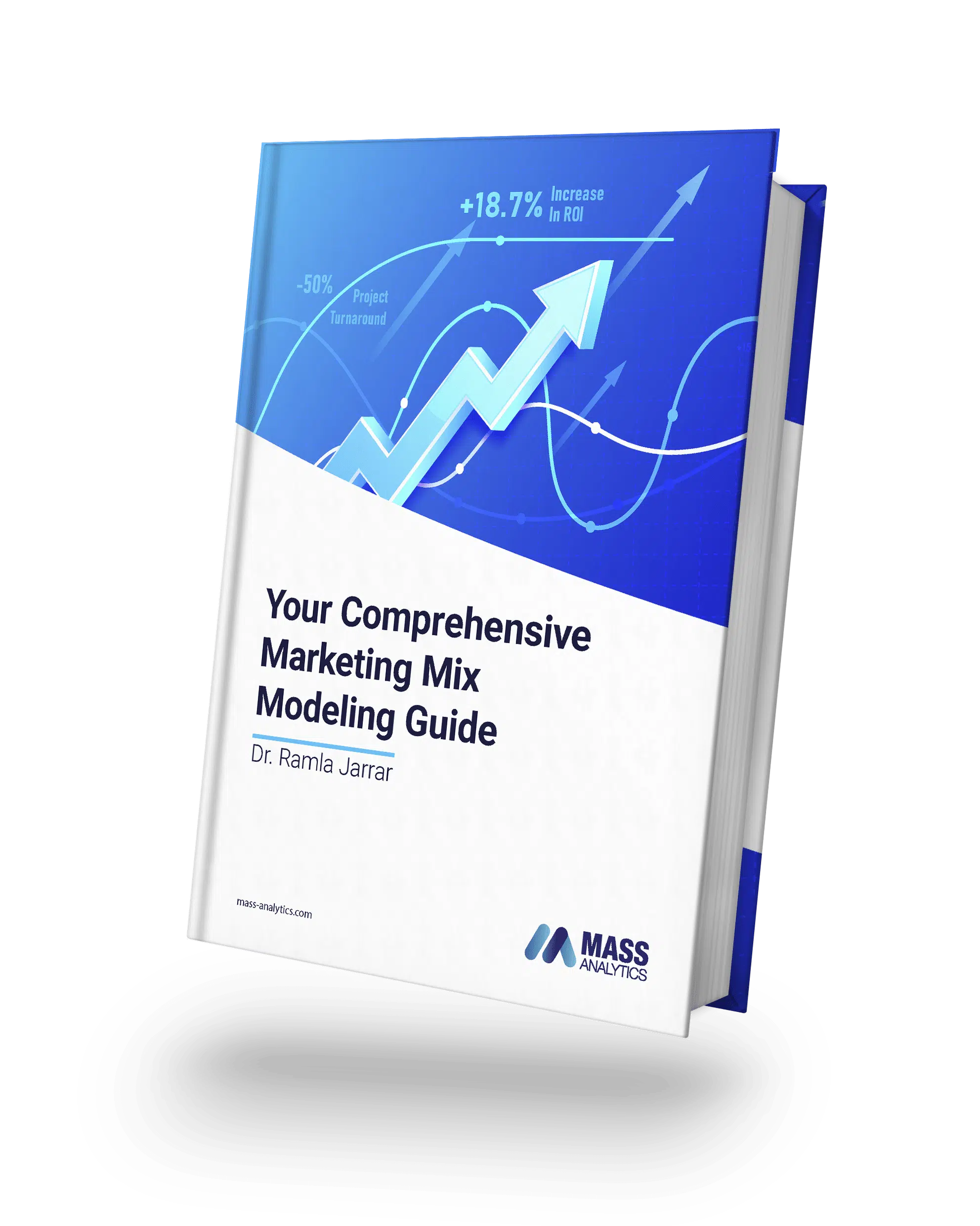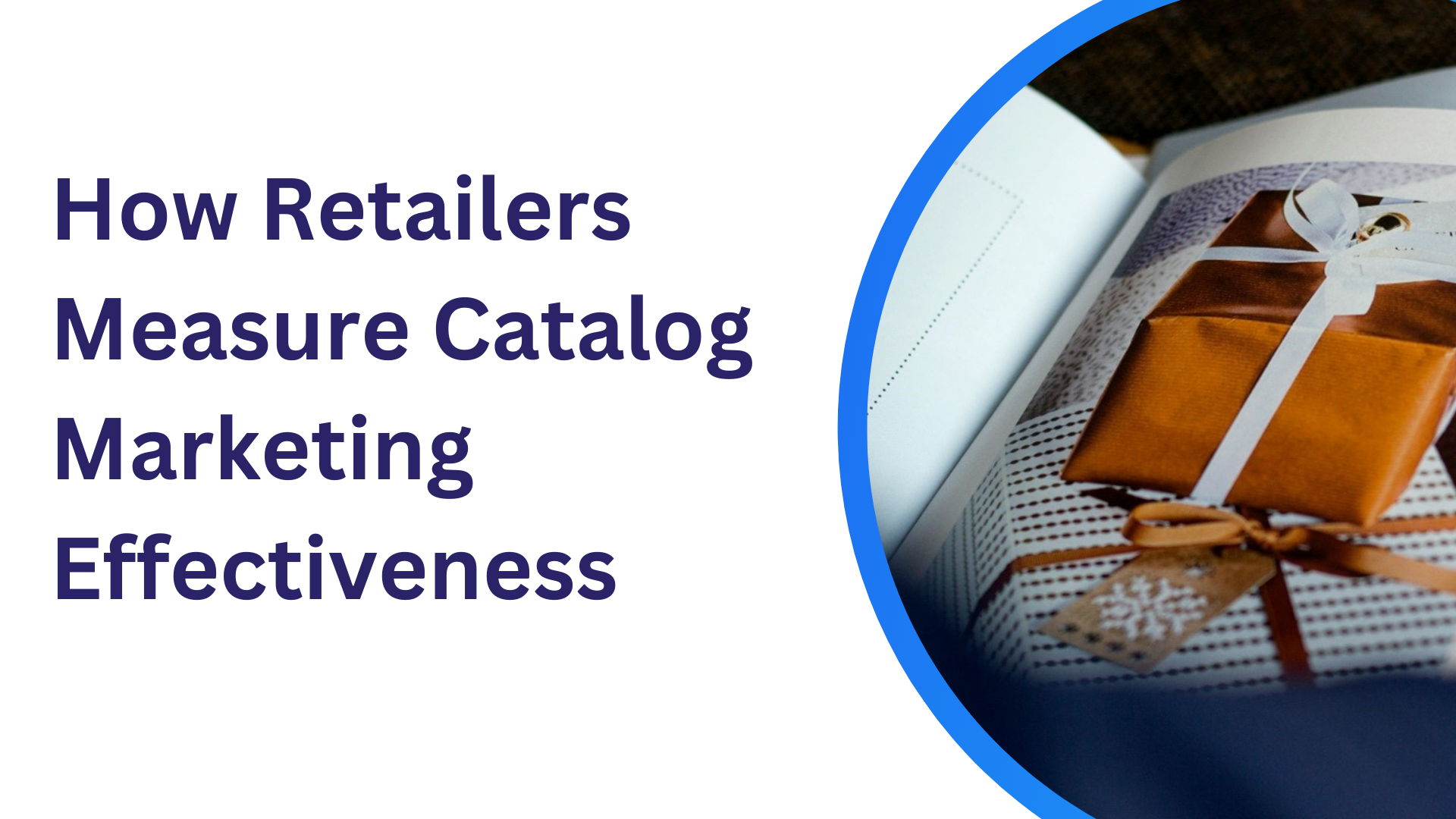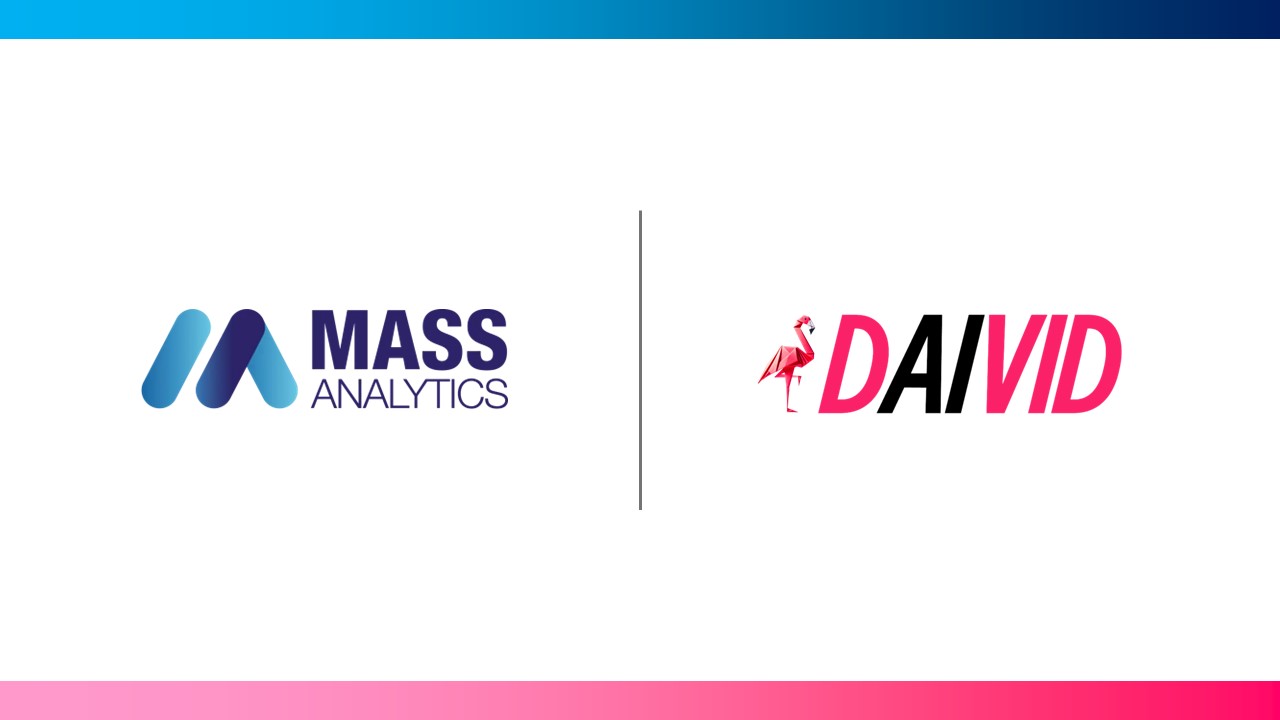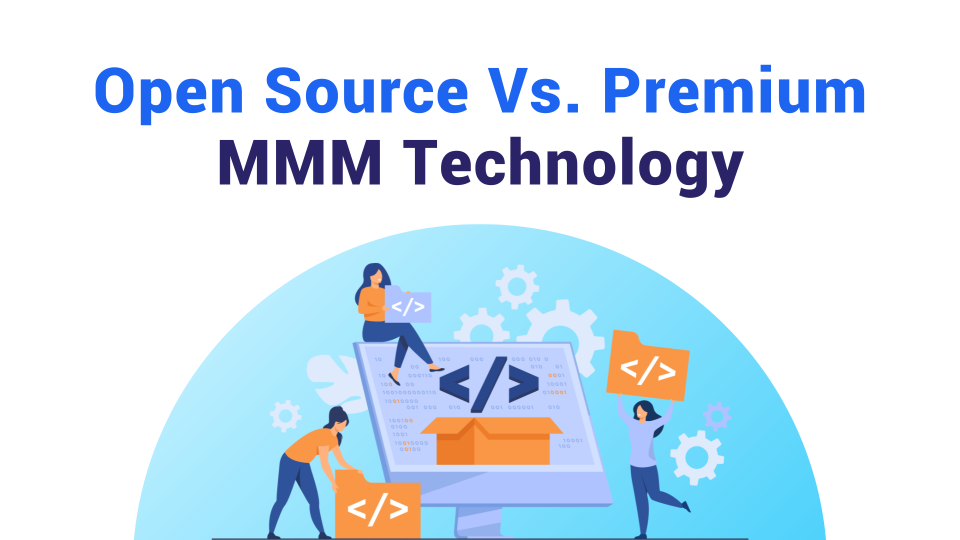THINKING ABOUT BUILDING YOUR OWN MARKETING EFFECTIVENESS SOFTWARE? ASK YOURSELF THESE FIVE QUESTIONS FIRST
During the Business Analytics Summit held in Poland on the 20–21 March 2018, an interesting debate about “To build or not to build your own software?” was initiated when the speaker introduced the pros and cons of each position.
Creating an in-house Marketing Effectiveness Solution Vs. getting a third-party software is certainly an interesting subject for companies that take marketing effectiveness measurement seriously.
The answer may not be evident and would depend on many factors including the type of the business, the in-house capabilities, the market offer, and the need for customization… to name a few.
In this blog post, I present the five questions you should ask yourself before deciding which side to take and thus guide you to the right decision.
1. WHAT BUSINESS ARE YOU REALLY IN?
I think this is an essential question to ask yourself: what is your true DNA? Are you a consultancy business (applies to both internal-client-side consultants and external consultants) or a software house?
If you define yourself as a marketing effectiveness consultant, it is crucial that most of your time is spent on exploring your data, creating additional variables, and testing different hypotheses to improve the quality of your models both statistically and commercially. It is also important to provide insightful recommendations as it is the juiciest part of any marketing effectiveness project (optimization, forecasting, planning recommendations…). This will leave little room for software development.
You should also ask yourself what do your customers really value: the insight & recommendations your project delivers or the customized features you are adding to your in-house solution? The response to this question would determine where your efforts should be invested.
2. WHAT LEVEL OF CUSTOMISATION, DO YOU REALLY NEED?
One of the greatest benefits of in-house development is customization and therefore control. Companies developing their own software solutions have full control over the customization level needed. Your internal team will be able to custom-make your software to suit your specific requirements. This may count as a competitive advantage as your competitors would not have the same flexibility.
However, you need to ask yourself how much customization you really need in your business. Are you truly operating in a unique market that requires a high level of customization?
Marketing effectiveness is now a well-recognized method. The process, the project’s steps, the transformations & features are known, and the modeling algorithms are mature enough. An off-the-shelf solution can address all the problems you want to solve and save you months & years of development while benefiting from best industry practices.
3. HAVE YOU DONE YOUR MATHS RIGHT?
Developing an in-house solution does not come for free. Note that if you are in a consultancy business, your development team is a cost center as opposed to a revenue center.
Before building your own in-house tool, you need to consider both present and future development needs as your software features need to evolve with your business. You should also have a clear idea of the team you need to hire both in terms of number and profile: Project Manager, Architect Designer, Developer, Testing team…
It is also very important not to create a dependency on the star developer or the star software architect which creates an unhealthy situation for companies who choose the in-house development option. Hence, it is key to build the right processes for documenting the code to make it accessible, readable, and updatable by other members of the team.
Furthermore, since attrition in the software industry is extremely challenging, you should also think about the time and money to be invested in retraining the team and training them on newer technologies.
4. HOW MUCH DO YOU VALUE BEST INDUSTRY PRACTICES?
Having an in-house team that develops your marketing effectiveness solution has the advantage of creating a pool of experts that know exactly your company’s needs and work towards achieving the organization’s goals. A nice consequence of this is that you are the owner of the code!
However, developing your solution in-house may take off the benefit of getting input from different agencies/clients that would add value by suggesting handy features and functionalities based on their own experience.
Commercial software has also the advantage of being extensively tested and used by other businesses. Professional Software Architects & Developers extensively examine all the features and work continuously on fixing bugs and adding useful features based on the received feedback from a diversified pool of clients. You can also check the reviews and feedback of other users before investing in purchasing one. Who doesn’t scroll the clients’ testimonials and reviews and look in forums before deciding to buy a software? This will allow you to save your money and invest in the right tool.
5. DOES YOUR SOLUTION ALLOW SCALABILITY?
This is the last question I recommend you ask before making the decision of building your own solution and is certainly not the least. Scalability is about ensuring the solution you are investing effort and money in today, can respond to your needs tomorrow. Are you ready to continuously innovate, follow the trends, bring the latest features and respond to the changing needs of your customers?
This question is not easy to answer as you need to foresee what changes might be needed in the future and ensure you acquire and build the right capabilities over time to be able to adapt to the future industry changes. It is also about the ingenuity of writing a code that is flexible by construction to make sure all the necessary upgrades can be implemented timely. This is one of the most important skills in software development and certainly the one that is the hardest to find.
CONCLUSION
To build your own software or rely on a third-party commercial software is a question that many marketing effectiveness specialists face. We think that if you truly believe that your business’ main mission lays in providing recommendations & insight based on the results of the marketing mix modeling project and if you work out that you won’t have the financial capabilities to sustain and retain a team of architects and developers in-house then you are better off looking at off-the-shelf third party solution. If you run a large marketing effectiveness team and you, therefore, require multiple licenses, then some of the marketing effectiveness specialist software houses offer the flexibility to customize some of the features to your specific business needs.
As rightly pointed out by By Jesse Kolber, founder, and CEO of LogicPrep, “If you are a company that has a unique angle but not a unique business type, there could be a great solution that with a few minor custom tweaks could allow you to be operational within days or weeks instead of months and years. Not only will this solution potentially save you time and money, but it might also help you adopt better business practices.”
THINKING ABOUT BUILDING YOUR OWN MARKETING EFFECTIVENESS SOFTWARE? was originally published in MASS Analytics Blogs on Medium, where people are continuing the conversation by highlighting and responding to this story.







